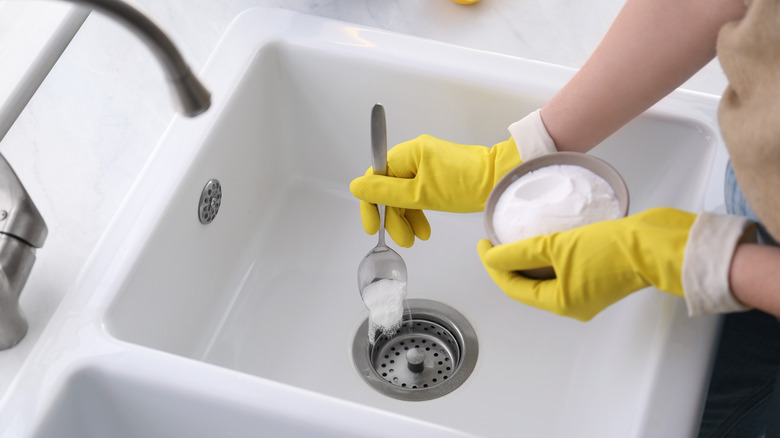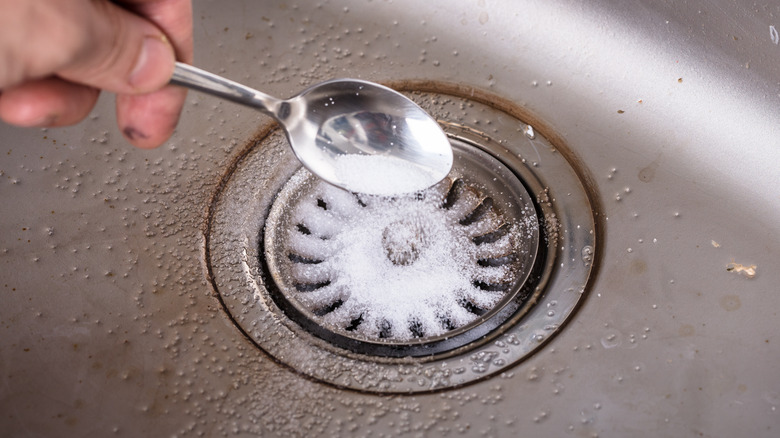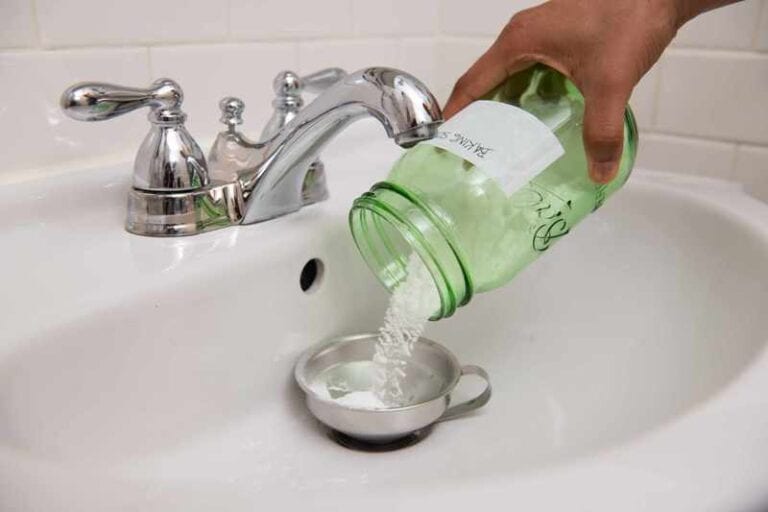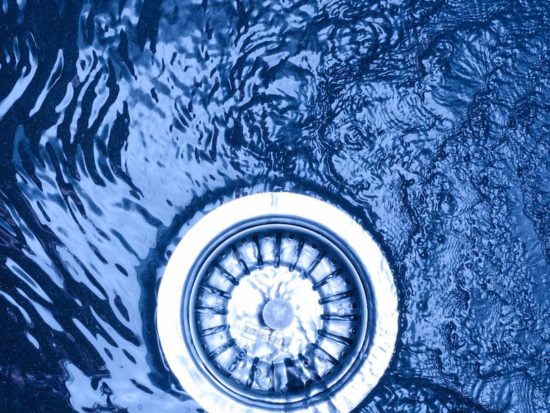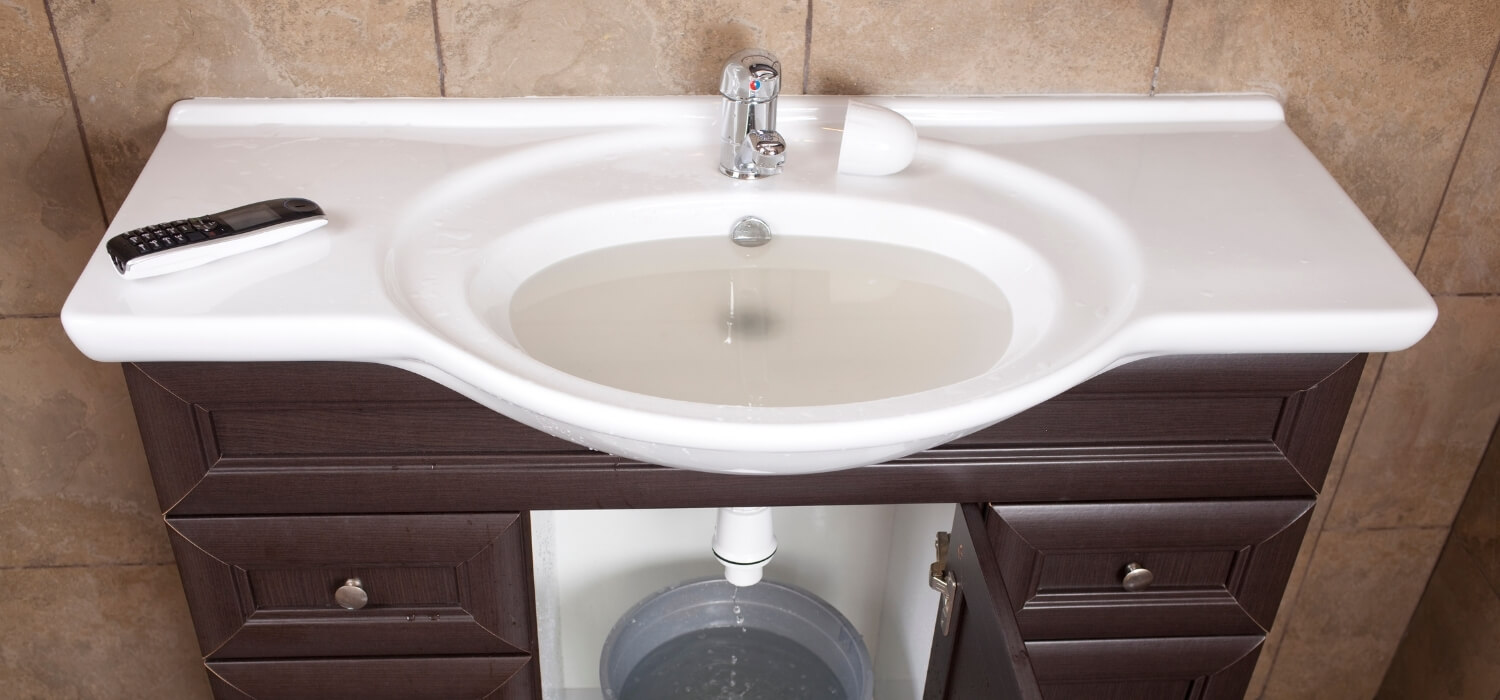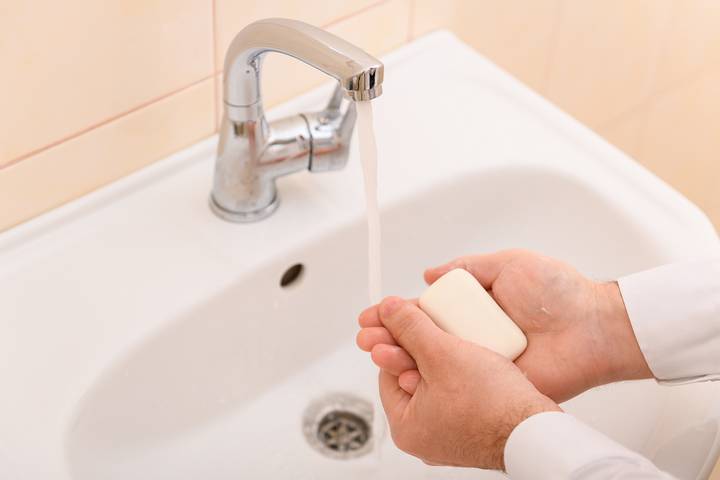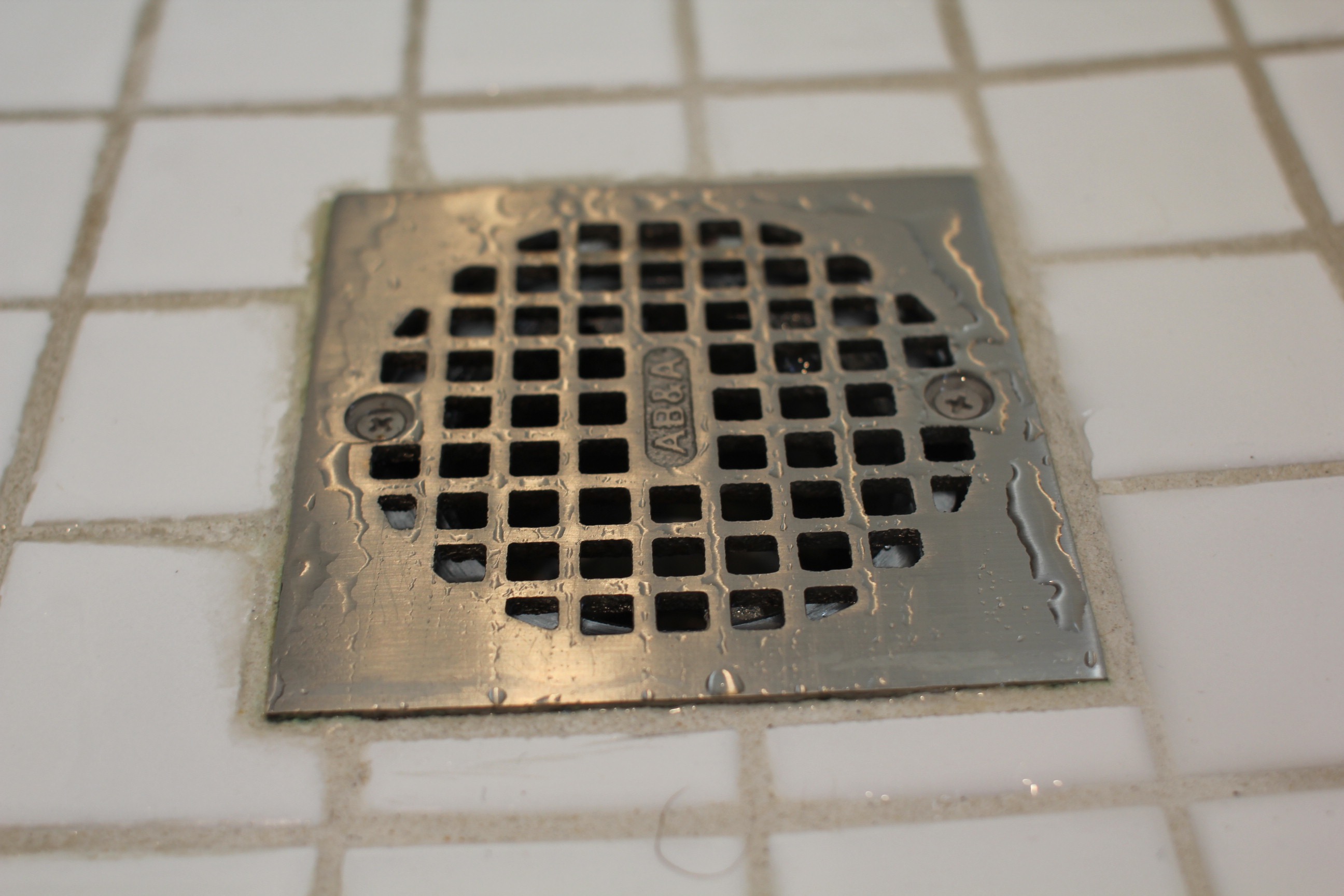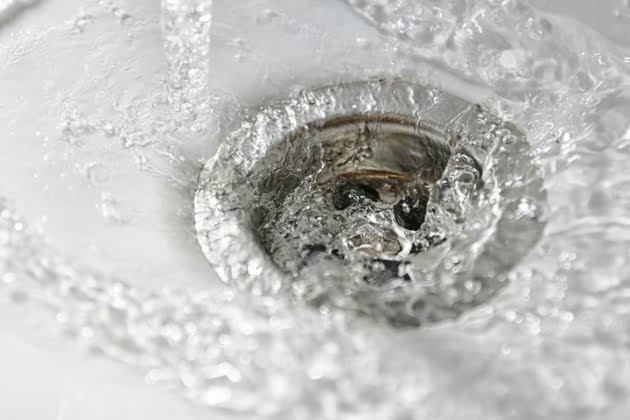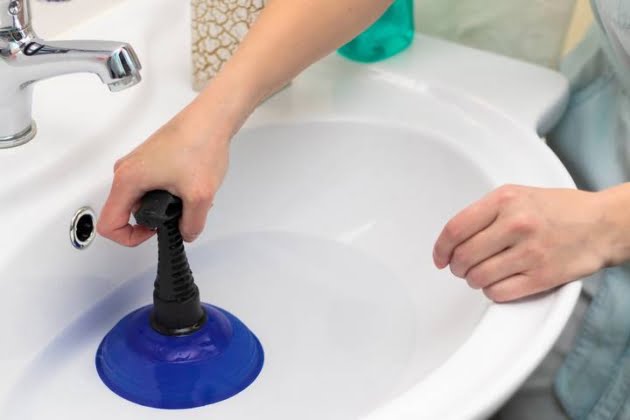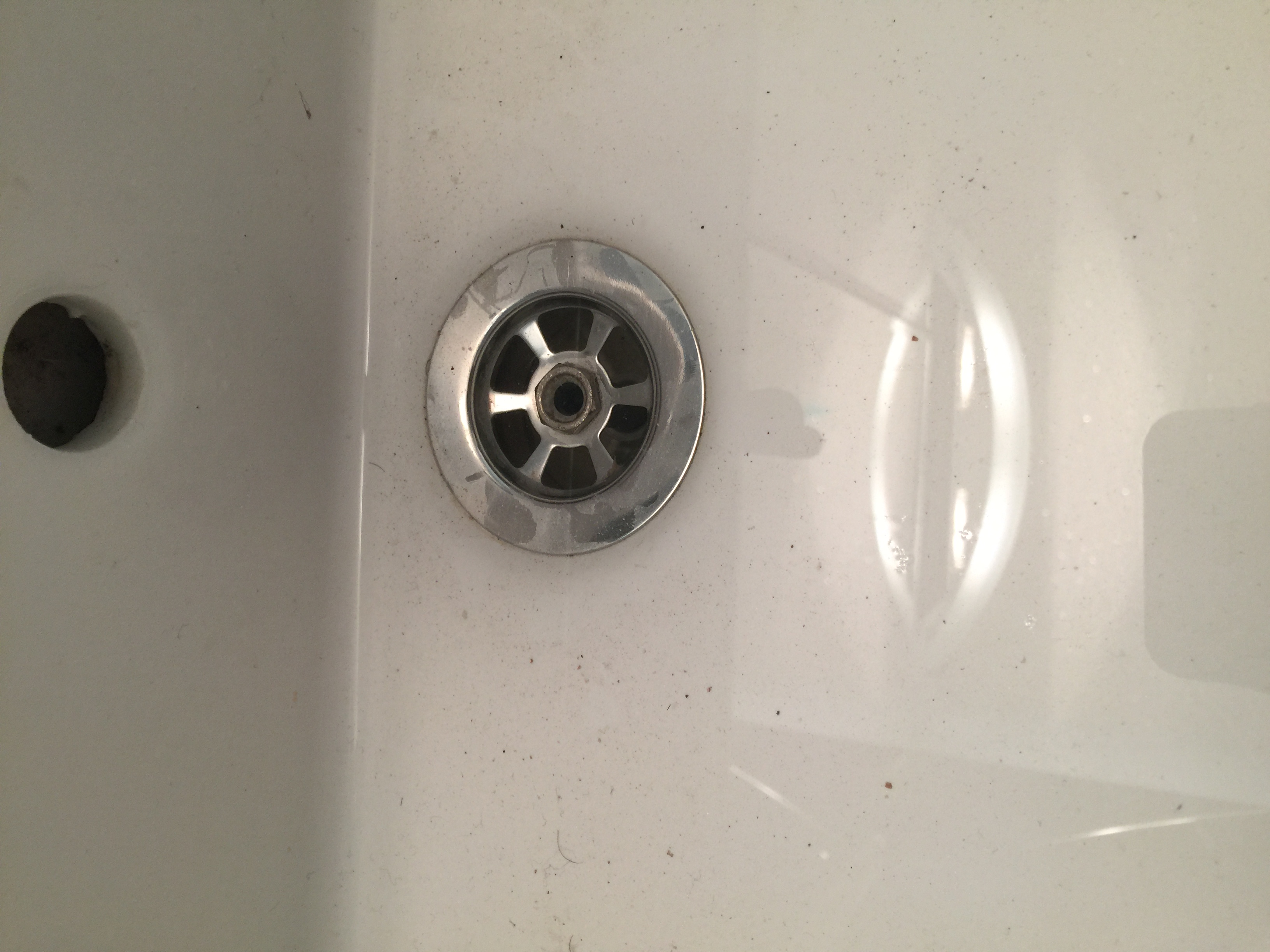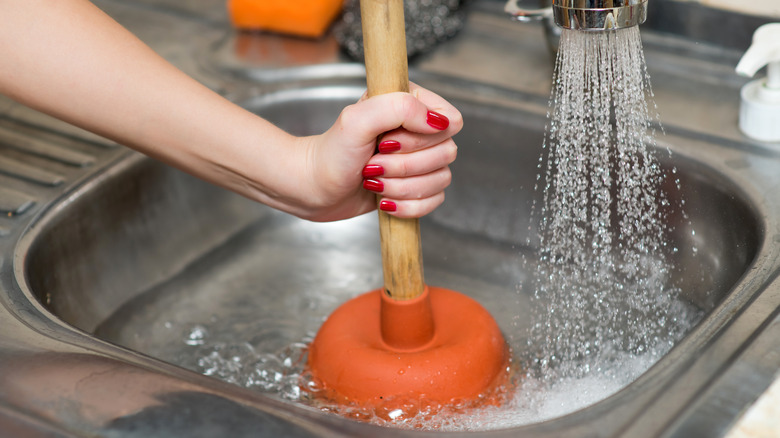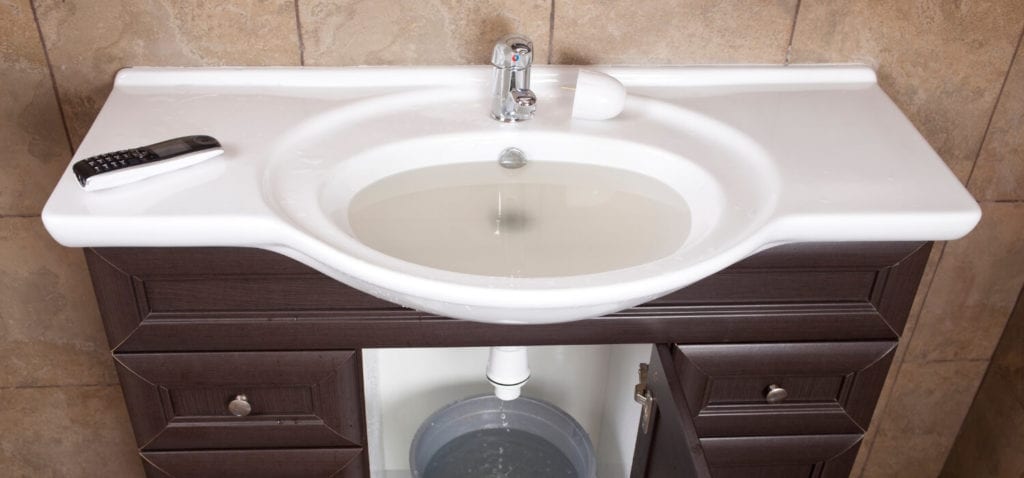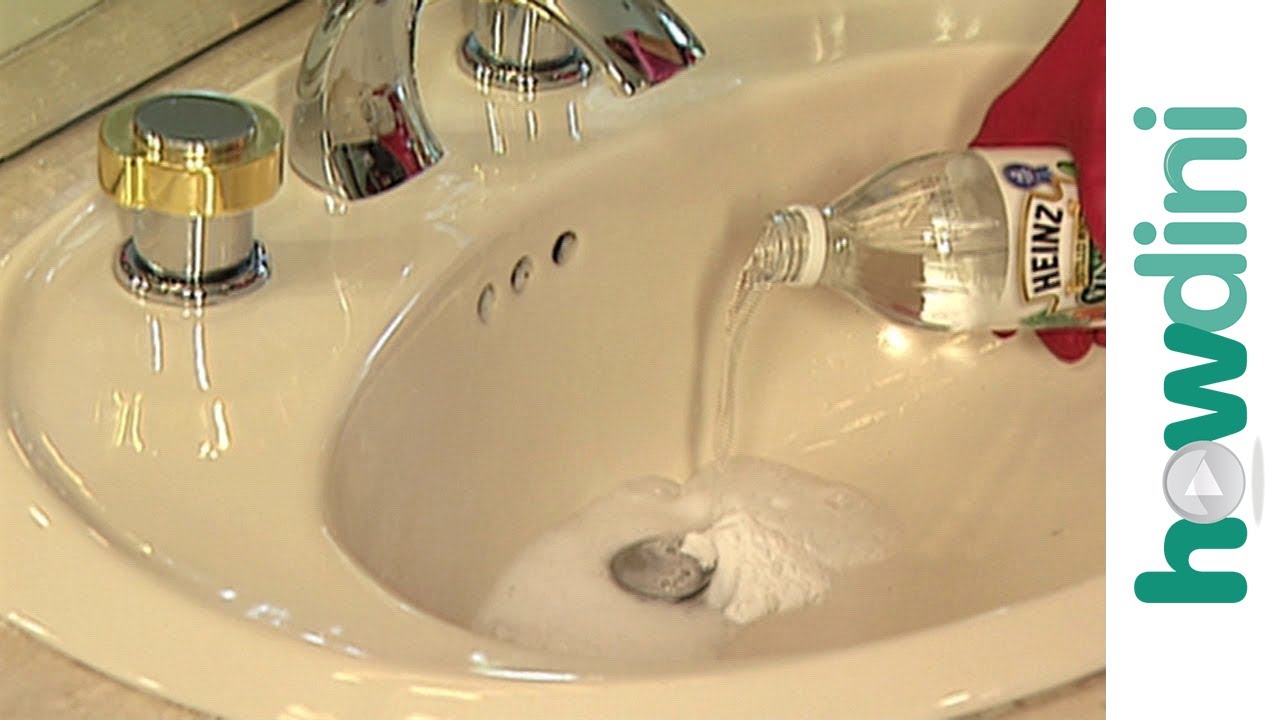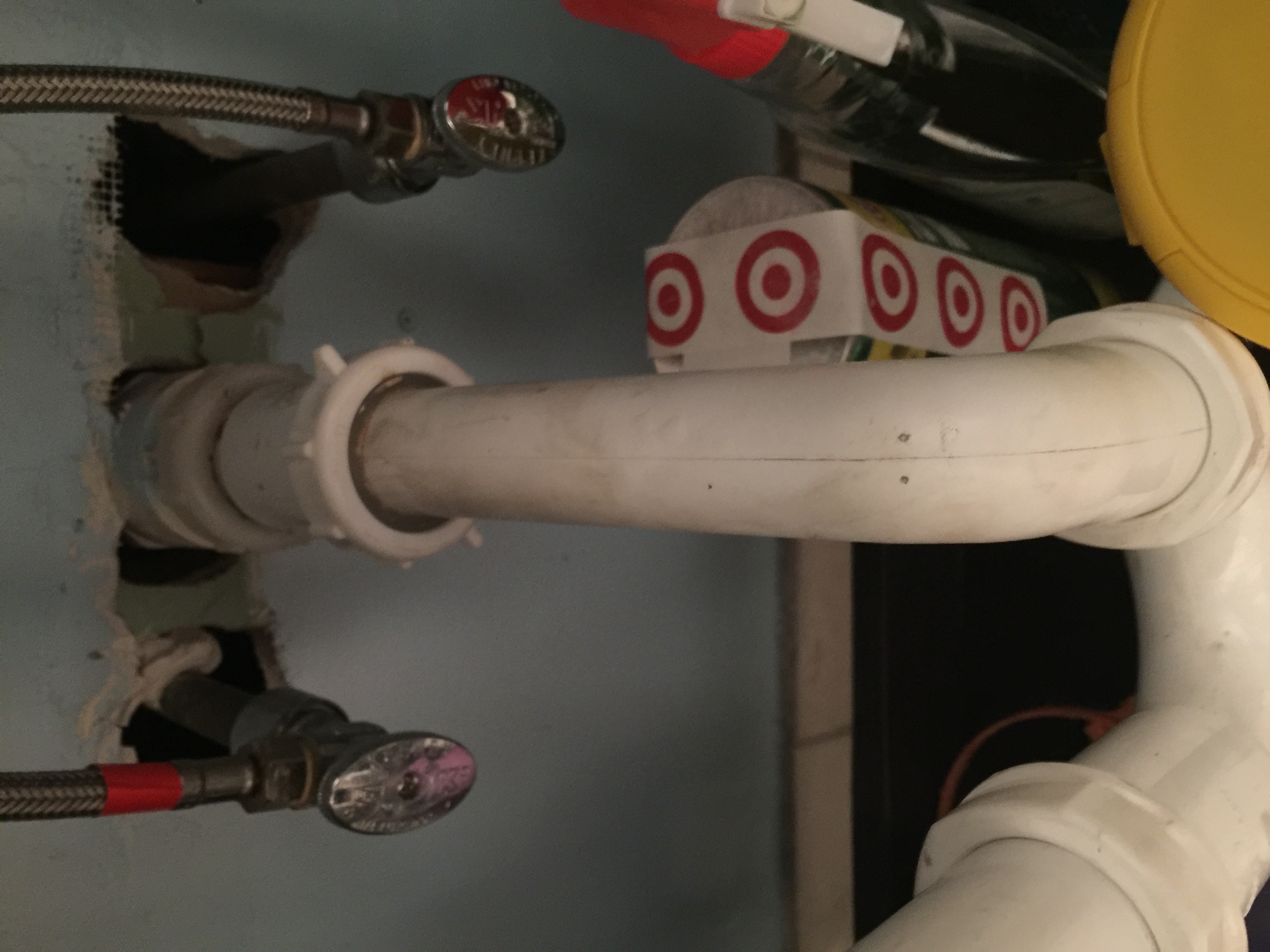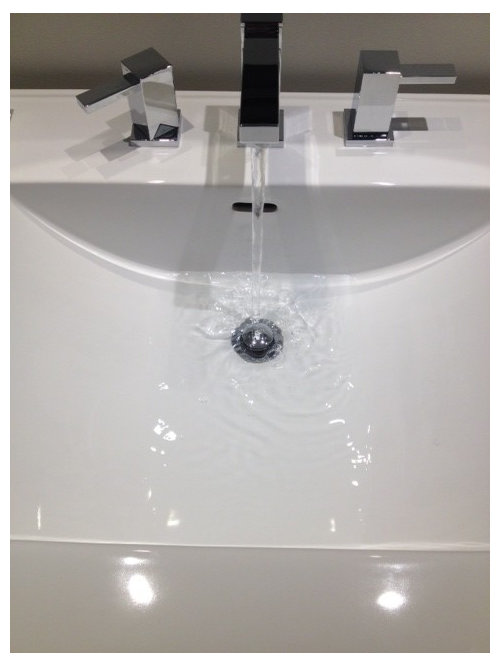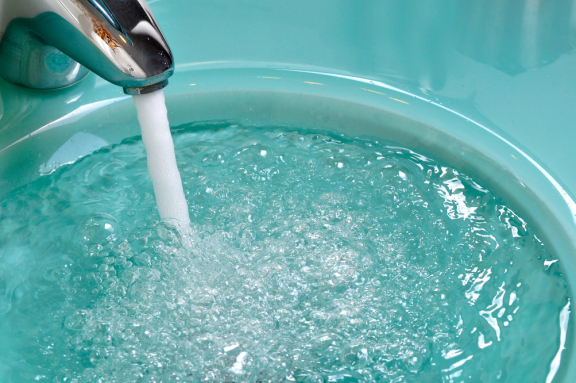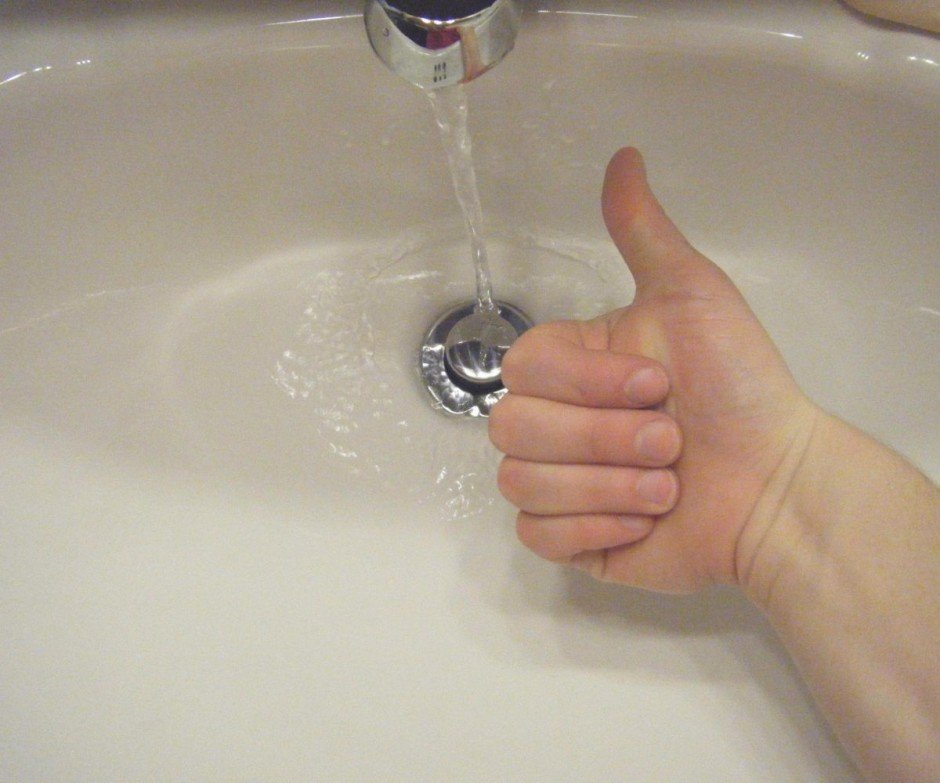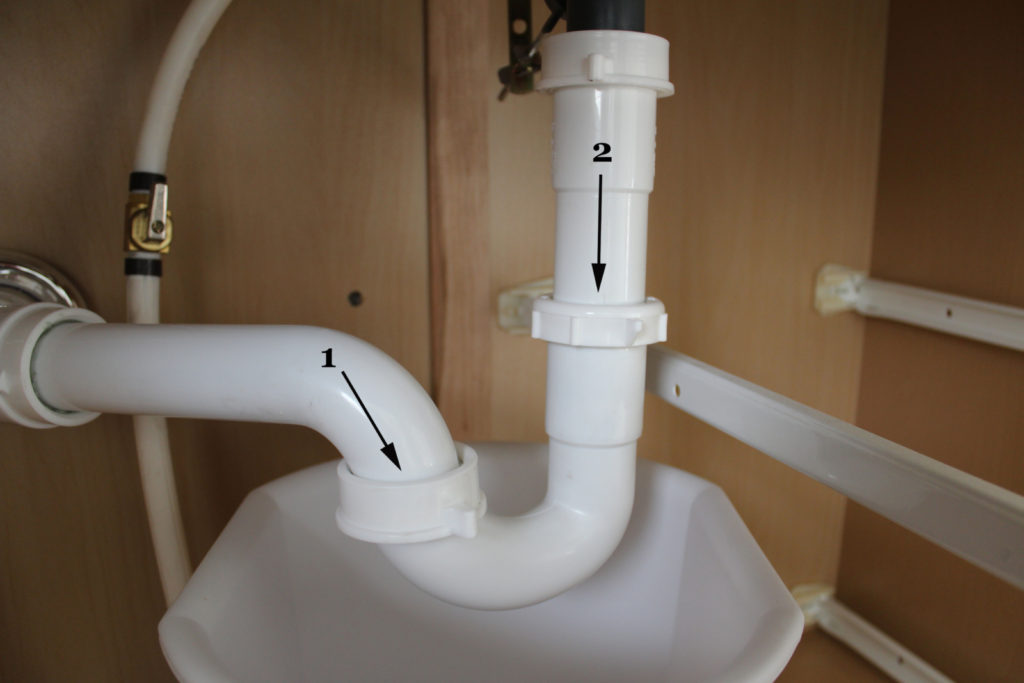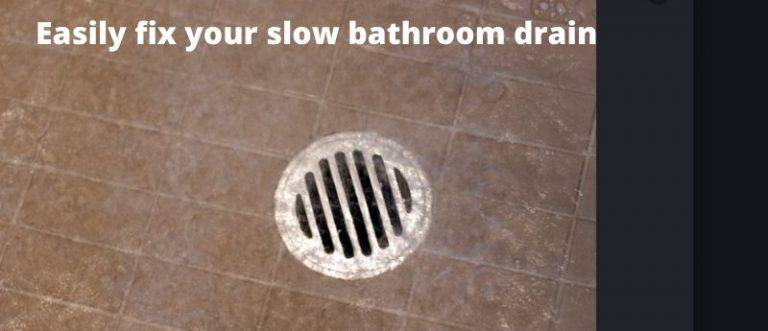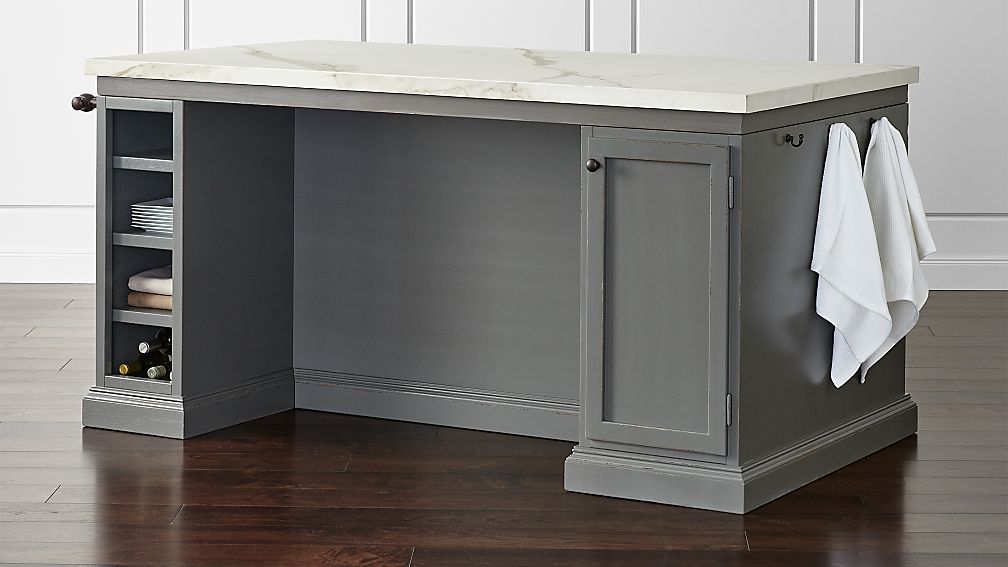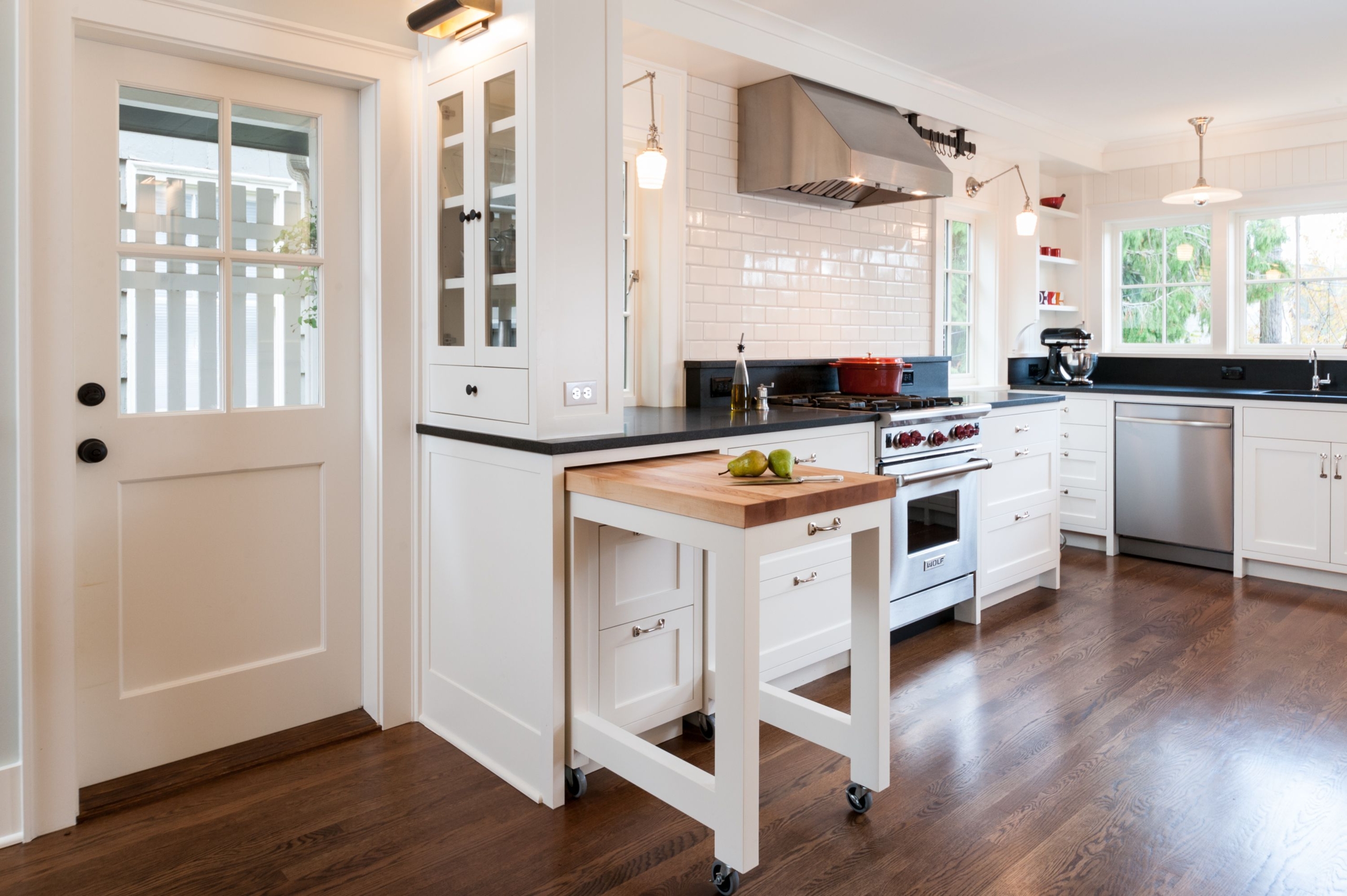Dealing with a slow draining bathroom sink can be a frustrating and unpleasant experience. Not only does it make a mess, but it also disrupts your daily routine. However, before calling a plumber and spending a significant amount of money, there are a few simple and effective ways to fix a slow draining bathroom sink. With the right tools and a little bit of patience, you can unclog your bathroom sink drain and get it running smoothly again.Unclog a Bathroom Sink Drain
A clogged bathroom sink drain can be caused by a variety of things, such as hair, soap scum, or even toothpaste buildup. The first step in fixing a slow draining bathroom sink is to remove any visible debris from the drain. You can use a pair of tweezers or a small wire hanger to fish out any hair or other gunk that may be causing the blockage. If the visible debris is not the issue, you can try using a plunger to unclog the drain. Fill the sink with enough water to cover the rubber part of the plunger, place it over the drain, and push and pull a few times to create suction. This can help dislodge any clogs and get the water flowing again.How to Fix a Slow Draining Bathroom Sink
If the plunger doesn't work, you can try making a DIY drain cleaner using ingredients you probably already have in your kitchen. Mix together equal parts baking soda and vinegar and pour it down the drain. Let it sit for about 30 minutes, then follow it with hot water. The chemical reaction between the baking soda and vinegar can help break down any buildup and clear the blockage. Another DIY solution is to use a mixture of salt and baking soda. Mix 1/2 cup of salt with 1/2 cup of baking soda and pour it down the drain. Let it sit for a few hours or overnight, then flush it with hot water. The abrasive texture of the salt can help scrub away any gunk and buildup in the drain.DIY Bathroom Sink Drain Repair
Maintaining a clean bathroom sink drain is essential in preventing future clogs. One easy way to do this is to pour boiling water down the drain once a week. The hot water can help dissolve any buildup and keep the drain clear. You can also use a mixture of hot water and dish soap to clean your bathroom sink drain. Pour a cup of hot water and a few drops of dish soap down the drain and let it sit for a few minutes. Then, run hot water for a few minutes to flush out any debris.Bathroom Sink Drain Cleaning Tips
If the DIY methods don't work, you can try using a drain snake to clear the clog. This tool has a long, flexible wire with a hook on the end that you can use to grab onto and pull out any debris that may be causing the blockage. You can find a drain snake at most hardware stores. Another option is to use a chemical drain cleaner. However, these products can be harsh and damaging to your pipes, so use them with caution and follow the instructions carefully. Also, make sure to wear gloves and avoid getting the cleaner on your skin or in your eyes.Easy Ways to Clear a Clogged Bathroom Sink
Baking soda and vinegar are not only great for DIY drain cleaners, but they can also be used to maintain a healthy and unclogged bathroom sink drain. Once a month, pour 1/2 cup of baking soda down the drain, followed by 1/2 cup of vinegar. Let it sit for about 10 minutes, then flush it with hot water. This can help keep your drain clear and fresh-smelling.Fixing a Slow Draining Sink with Baking Soda and Vinegar
If you're dealing with a persistent slow draining bathroom sink, there may be an issue with your plumbing. In this case, it's best to call a professional plumber to assess the situation and make any necessary repairs. It's important to address plumbing issues promptly to avoid more significant and costly problems in the future.Plumbing Tips for Slow Draining Bathroom Sinks
As mentioned earlier, a plunger can be a handy tool in unclogging a bathroom sink drain. However, it's essential to use the right plunger for the job. A flat plunger, also known as a sink plunger, is best for unclogging sinks as it has a flat bottom that can create a seal around the drain. A cup plunger, on the other hand, is better suited for unclogging toilets.Using a Plunger to Fix a Slow Draining Bathroom Sink
If you prefer to use natural products in your home, there are several options for unclogging a bathroom sink drain. One effective method is to use a mixture of lemon juice and baking soda. Mix 1/2 cup of baking soda with 1/2 cup of lemon juice and pour it down the drain. Let it sit for about 30 minutes, then follow it with hot water. You can also try using a combination of salt, vinegar, and borax. Mix 1/4 cup of salt, 1/4 cup of vinegar, and 1/4 cup of borax and pour it down the drain. Let it sit for a few hours, then flush it with hot water.Natural Remedies for a Slow Draining Bathroom Sink
The best way to deal with a slow draining bathroom sink is to prevent it from happening in the first place. You can do this by regularly cleaning and maintaining your drain, as mentioned earlier. Also, be mindful of what you put down the drain. Avoid pouring grease, coffee grounds, and other food scraps down the sink as they can cause clogs. Additionally, consider using a drain cover to catch any hair or debris that may go down the drain. This can help prevent buildup and clogs. Routinely cleaning the drain cover can also help maintain a healthy and efficient drain. In conclusion, a slow draining bathroom sink may seem like a daunting problem, but with the right techniques and tools, you can easily fix it yourself. Whether it's using DIY solutions, natural remedies, or seeking professional help, there are plenty of ways to unclog your bathroom sink drain and keep it running smoothly.Preventing Slow Draining Bathroom Sinks
Why is a Slow-Draining Bathroom Sink a Common Problem?

Understanding the causes of a slow-draining bathroom sink
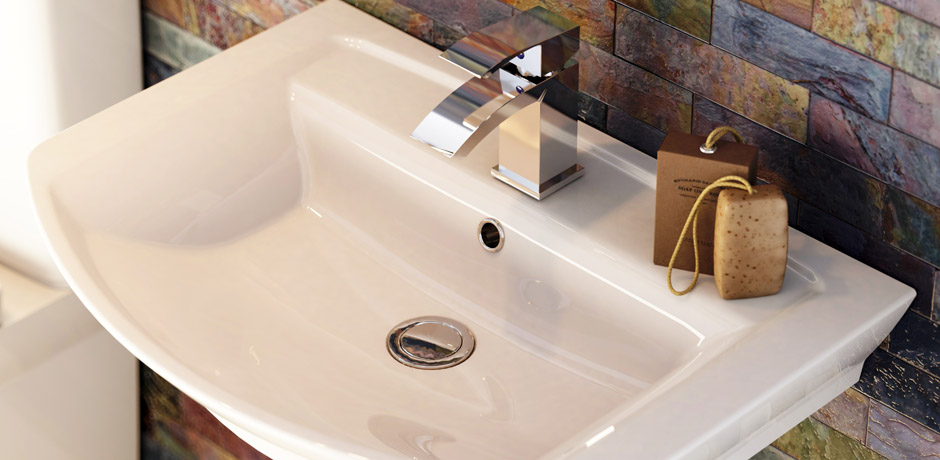 If you've ever experienced a slow-draining
bathroom sink,
you know how annoying and inconvenient it can be. You may be wondering why this is such a common problem in households. Well, there are a few reasons for this issue.
One of the main causes is
hair and debris buildup
in the drain. Over time, hair, soap scum, and other debris can accumulate in the drain, creating a blockage that restricts the flow of water. Another common culprit is
hard water deposits
that can build up in the pipes, making it difficult for water to pass through.
Another factor that contributes to slow-draining
bathroom sinks
is
poor installation or design
. In some cases, the pipes may not have been properly sized or installed, resulting in inadequate water flow. Additionally, the design of the sink itself can play a role. If the sink has a
low flow faucet
or a
narrow drain opening,
it can lead to slower drainage.
If you've ever experienced a slow-draining
bathroom sink,
you know how annoying and inconvenient it can be. You may be wondering why this is such a common problem in households. Well, there are a few reasons for this issue.
One of the main causes is
hair and debris buildup
in the drain. Over time, hair, soap scum, and other debris can accumulate in the drain, creating a blockage that restricts the flow of water. Another common culprit is
hard water deposits
that can build up in the pipes, making it difficult for water to pass through.
Another factor that contributes to slow-draining
bathroom sinks
is
poor installation or design
. In some cases, the pipes may not have been properly sized or installed, resulting in inadequate water flow. Additionally, the design of the sink itself can play a role. If the sink has a
low flow faucet
or a
narrow drain opening,
it can lead to slower drainage.
Why it's important to address this issue
 While a slow-draining
bathroom sink
may seem like a minor inconvenience, it's important to address the issue sooner rather than later. Ignoring it can lead to bigger problems down the road. The standing water can attract bacteria and germs, creating an unsanitary environment. It can also cause unpleasant odors to linger in your bathroom.
Furthermore, a slow-draining
bathroom sink
can be a sign of a more serious plumbing issue. It could indicate a clog in the main sewer line or tree roots growing into the pipes. These issues can be costly to fix if left untreated.
While a slow-draining
bathroom sink
may seem like a minor inconvenience, it's important to address the issue sooner rather than later. Ignoring it can lead to bigger problems down the road. The standing water can attract bacteria and germs, creating an unsanitary environment. It can also cause unpleasant odors to linger in your bathroom.
Furthermore, a slow-draining
bathroom sink
can be a sign of a more serious plumbing issue. It could indicate a clog in the main sewer line or tree roots growing into the pipes. These issues can be costly to fix if left untreated.
How to fix a slow-draining bathroom sink
 Fortunately, there are
simple
and
affordable
solutions to a slow-draining
bathroom sink
. One option is to use a plunger to dislodge any clogs in the drain. Another method is to use a plumbing snake to remove any debris that may be causing the blockage.
For
hard water deposits,
you can try using a
homemade solution
of vinegar and baking soda to dissolve the buildup. If these DIY methods don't work, it may be best to call a professional plumber to assess and fix the issue.
In conclusion, a slow-draining
bathroom sink
is a common problem that can be caused by various factors. It's important to address this issue promptly to prevent further damage and maintain a clean and functional bathroom. With the right tools and methods, you can easily solve this problem and restore proper drainage to your bathroom sink.
Fortunately, there are
simple
and
affordable
solutions to a slow-draining
bathroom sink
. One option is to use a plunger to dislodge any clogs in the drain. Another method is to use a plumbing snake to remove any debris that may be causing the blockage.
For
hard water deposits,
you can try using a
homemade solution
of vinegar and baking soda to dissolve the buildup. If these DIY methods don't work, it may be best to call a professional plumber to assess and fix the issue.
In conclusion, a slow-draining
bathroom sink
is a common problem that can be caused by various factors. It's important to address this issue promptly to prevent further damage and maintain a clean and functional bathroom. With the right tools and methods, you can easily solve this problem and restore proper drainage to your bathroom sink.



:max_bytes(150000):strip_icc()/freshen-and-unclog-drain-with-baking-soda-1900466-22-bbf940b70afa4d5abef0c54da23b1d3f.jpg)





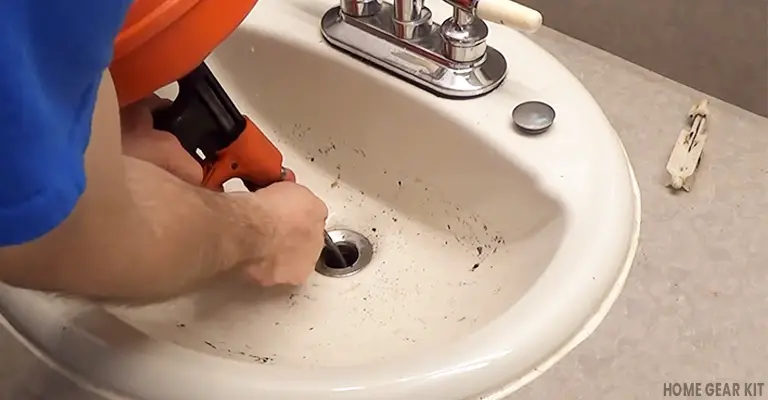

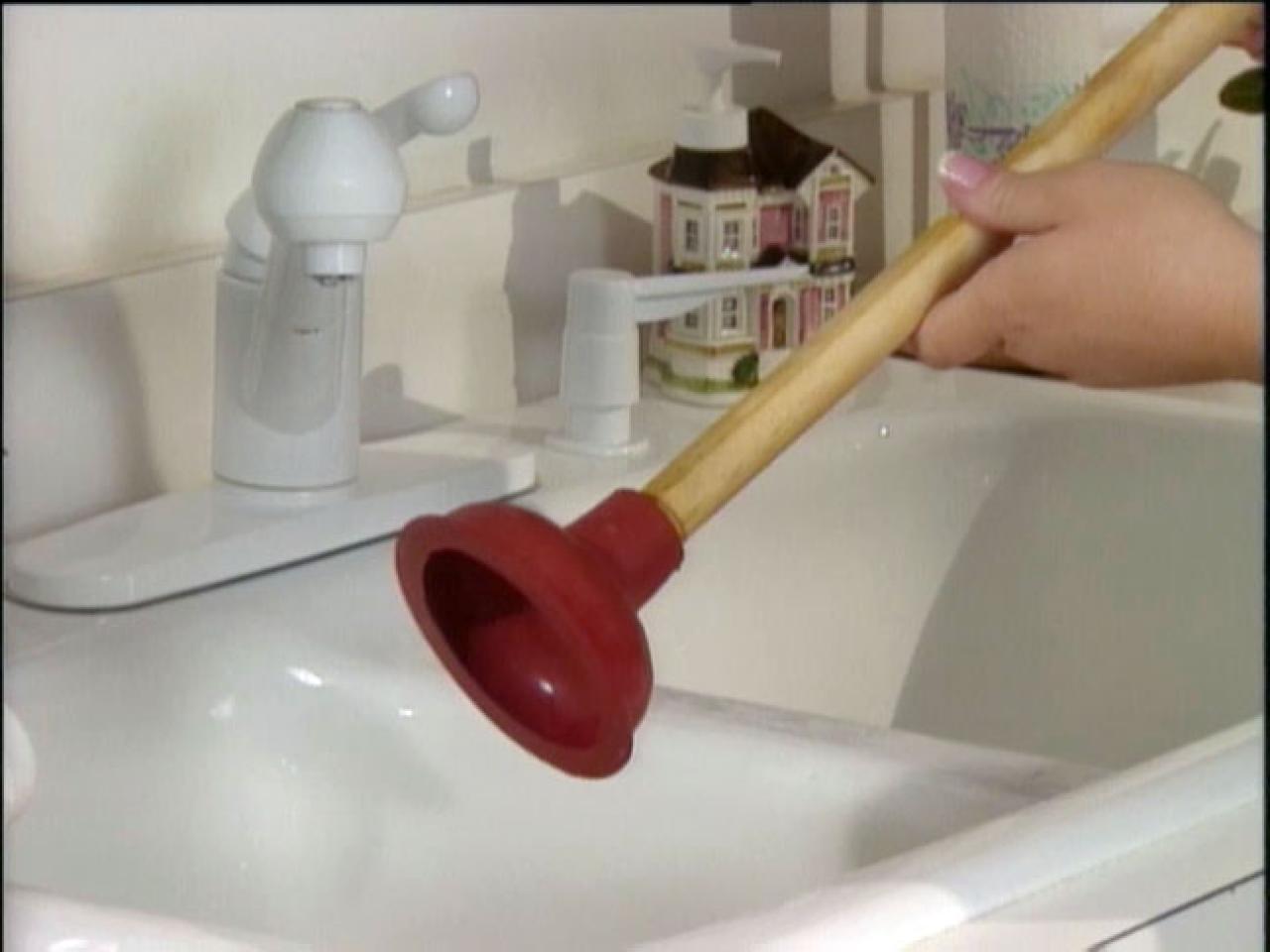



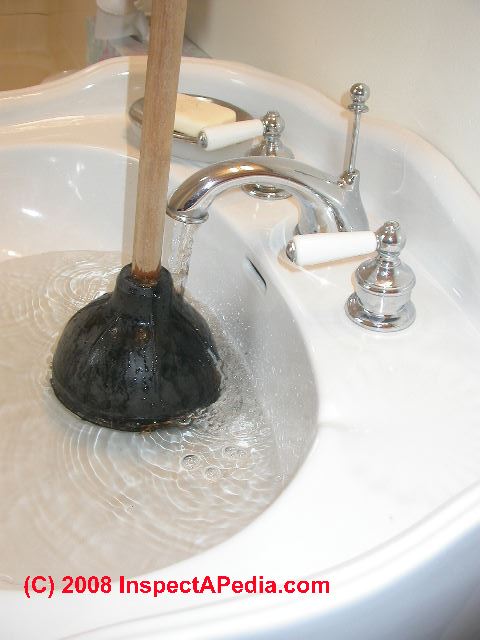









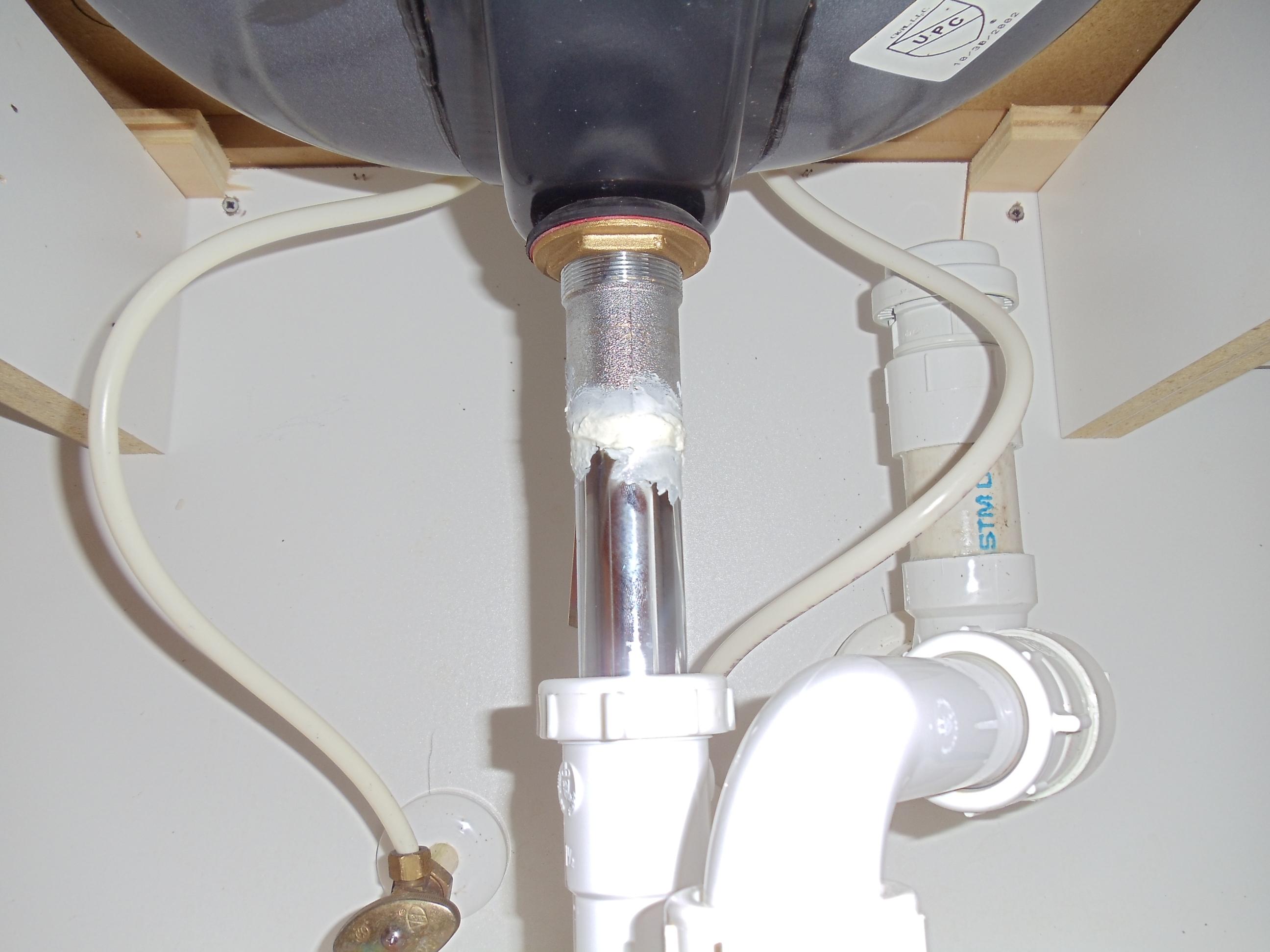






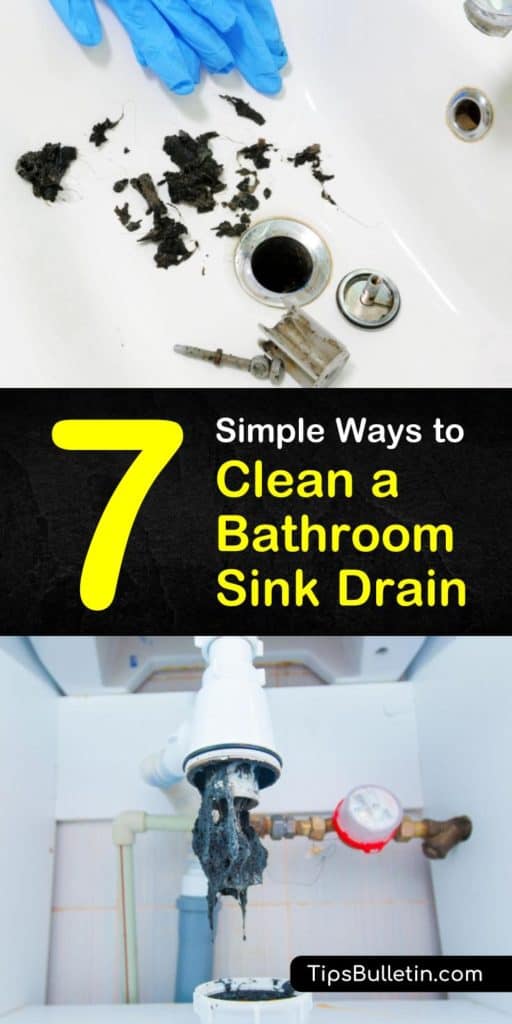
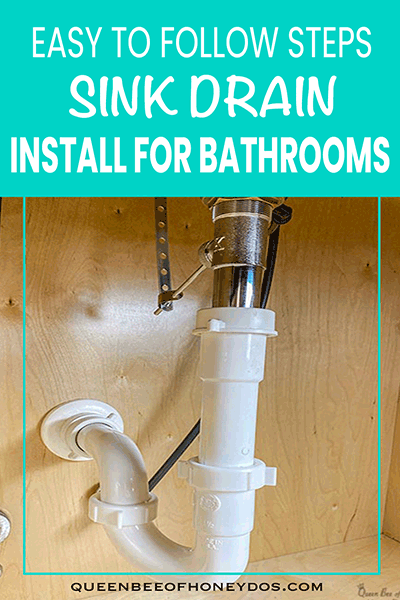
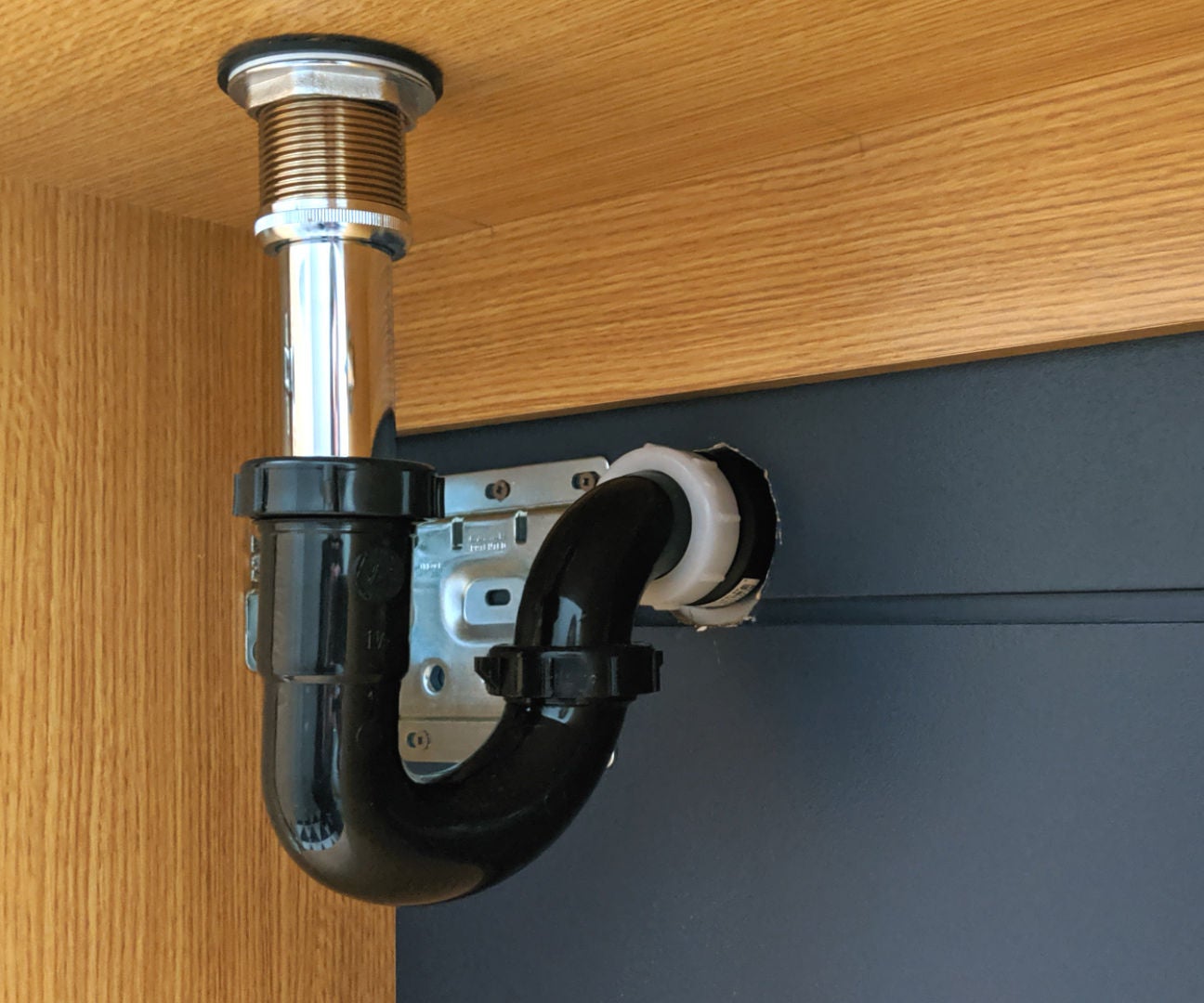



:strip_icc()/how-to-clean-a-bathroom-sink-drain-01-c728294c8bee42428afdf3e69f449279.jpg)















